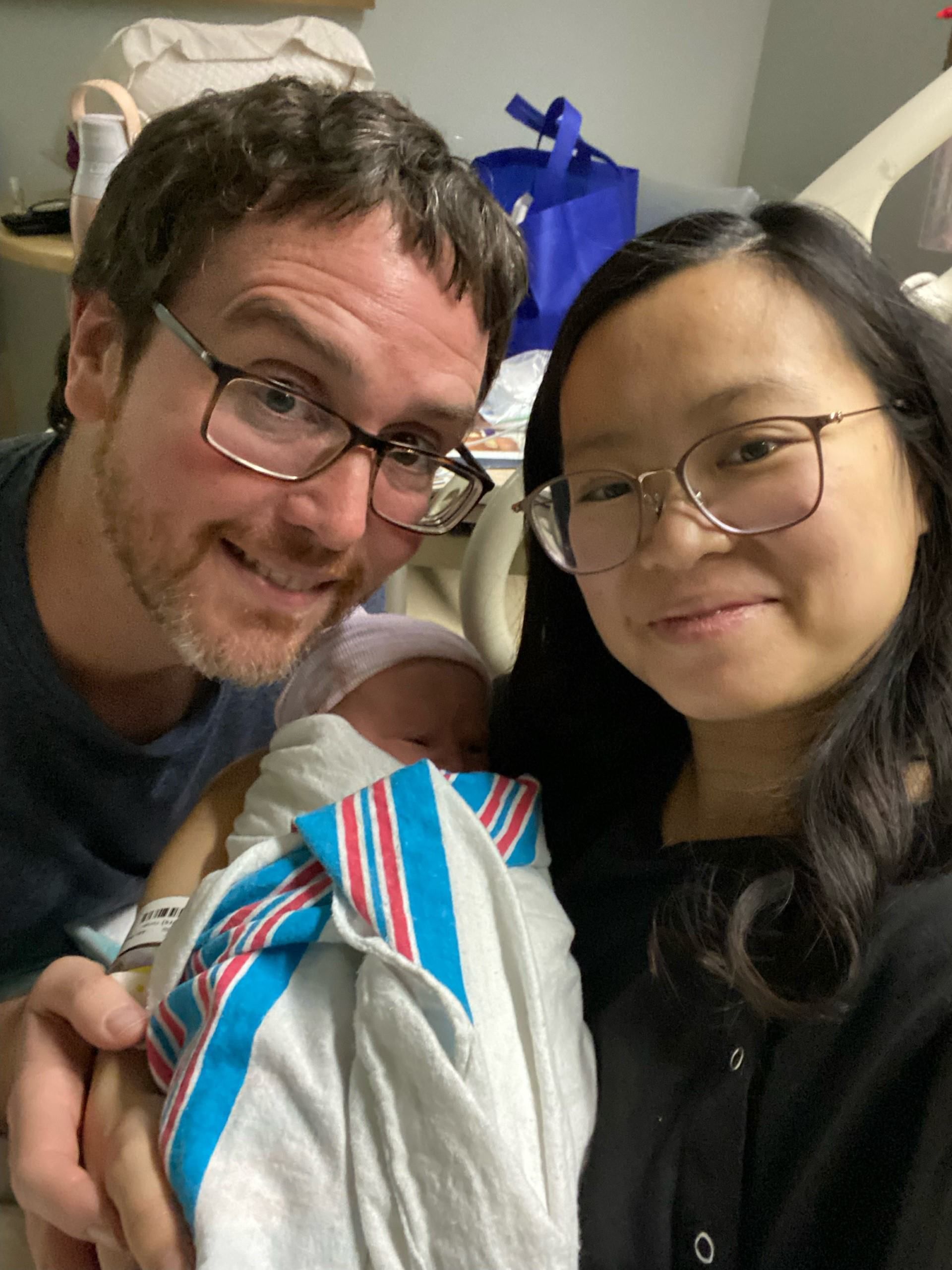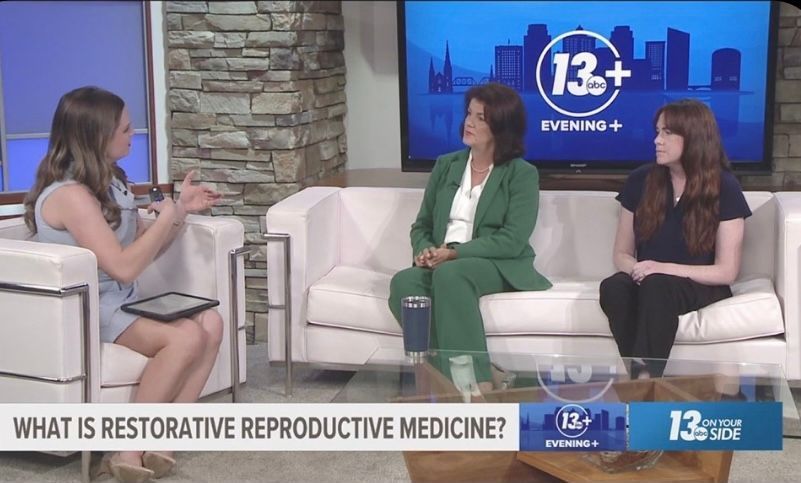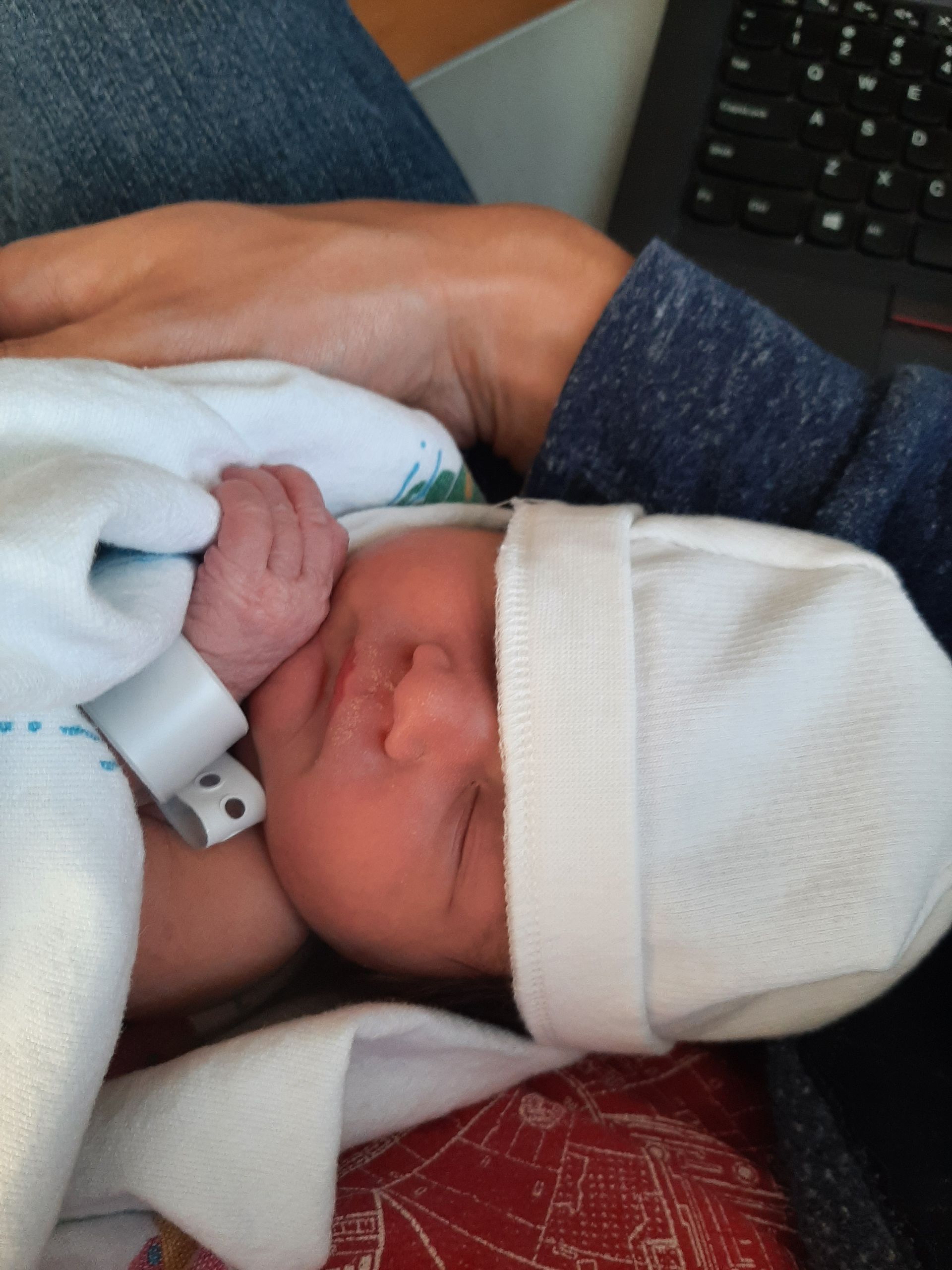“Whether or not you decide to use a fertility app, establishing a relationship with a trained fertility educator is crucial to your success. A fertility educator will not only help you choose a method that’s right for you, but she will also help you maximize your learning in a way that’s meaningful to your specific needs.”
Read more from Lori below about fertility tracking and how apps can best be used to help you understand your cycle.
Why is it important for women to track their cycle?
Cycle tracking is important for every cycling woman, regardless of her age or regularity of her periods. Women who track their cycles have an advantage in that they become “in tune” with their bodies and can use that information to help make informed decisions about their health and wellness. A common misconception is that cycle tracking is only helpful for those wanting to get pregnant or avoid getting pregnant. What many women don’t realize is that cycle tracking can be used as a gauge of their overall health and be a tool to help informed healthcare practitioners diagnose and treat underlying health problems. Women sometimes even can detect underlying health issues on their cycle charts long before they have physical symptoms.
Our bodies give us signs of fertility (more specifically, ovulation). Ovulation is a sign of health; after puberty, women should cycle every 21-38 days as a sign of overall health. If a woman is not cycling at all, or having irregular cycles or irregular bleeding, she could have an underlying health problem that can be detected through cycle tracking. Finding a healthcare practitioner who is familiar with reading cycle charts is important so that he/she can create a treatment plan designed to address your specific needs.
Which apps (if any) do you recommend for cycle tracking?
There are more than 100 fertility apps on the market today. However, the majority are not founded on evidence-based fertility awareness methods. Although apps can be convenient to use and be a helpful supplement to fertility education, it’s important to know they are not created equally. Here are some factors to consider if choosing to use an app:
- Choose an app that is backed by science. Has it been tested in a clinic setting?
- Choose one according to your fertility intention. Not all apps are designed to be used for every intention. A couple wishing to avoid or delay pregnancy may use a different method (or app) than someone who simply wants to track for signs of health.
- Use an app that asks you to input your unique signs of fertility. (May include last menstrual period, daily cervical fluid observations, basal body temperature)
- Do not use an app that predicts your upcoming fertile days (or turn off that feature of the app). Your body is unique and much more complex than a simple mathematical equation.
What methods do you teach?
At Reply, we welcome patients using any method of natural family planning or fertility awareness. We understand not every method is right for every woman or every couple, and there are many factors to consider when choosing a method that is right for you. These factors include your intention for learning, your time and financial commitment, regularity of your sleep schedule and current ovulation cycles. At Reply, we offer in-person fertility education for several methods:
Listen Fertility is a simple, cervical-fluid-only tracking system for couples wanting to get pregnant or women monitoring their cycles for health maintenance. Sensiplan is an evidence-based, sympto-thermal method, meaning it uses physical symptoms including temperature. It can be used by women trying to get pregnant and also by women who are trying to avoid pregnancy.
Sensiplan has been used in Europe for more than 30 years, and I’m proud to say it’s been licensed for the first time in the United States at Reply. Also, this fall we’ll be introducing the Marquette method at Reply. Marquette is a symptom-hormonal method that uses a woman’s biomarkers of cervical fluid and urinary hormones to determine the beginning and end of her fertile window.
What do you love about each method you teach?
I love that regardless of language spoken, socio-economic status, or education level, there are modern methods of fertility awareness available for every woman.
What knowledge can be gained from learning how to track your cycle from a trained educator, rather than going by an app?
Whether or not you decide to use a fertility app, establishing a relationship with a trained fertility educator is crucial to your success. A fertility educator will not only help you choose a method that’s right for you, but she will also help you maximize your learning in a way that’s meaningful to your specific needs.
Do you recommend using an app AFTER you’ve learned how to chart from a trained educator?
Whether or not you decide to use a fertility app, establishing a relationship with a trained fertility educator is crucial to your success. A fertility educator will not only help you choose a method that’s right for you, but she will also help you maximize your learning in a way that’s meaningful to your specific needs.











